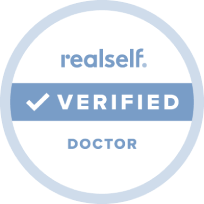Has your partner been nudging you awake at night, trying to stop your snoring? Or maybe you just can’t seem to get a good night’s sleep because you can’t breathe normally. Maybe it’s a cold or allergies, or it’s possible that you have a deviated septum. You could also be suffering from vestibular stenosis or nasal valve collapse. Our nostrils lead to passages inside our nose, called valves because they control the amount of air we take in. The pressure caused by incoming air causes the valves to collapse slightly, then reopen as we exhale. You can see this for yourself if you look in the mirror and then inhale sharply. You’ll see the sides of your nose “cave in” a bit. The normal functioning of this opening and collapsing process is impacted when there is a nasal valve collapse.
Symptoms on Nasal Valve Collapse
Anyone who has trouble breathing knows how irritating it can be. But nasal valve collapse is not the same as having a “stuffy nose” caused by allergies or a cold. In those cases, normal breathing returns when you recover from the cold or treat your allergy. Nasal valve collapse will not improve or go away on its own. It affects your entire lifestyle and your quality of life. In fact, over time the persistent inability to breathe normally can trigger secondary health problems.
Causes of Nasal Valve Collapse
Causes of nasal valve collapse vary, although they frequently include previous trauma or even prior cosmetic procedures such as rhinoplasty. The condition can be worsened by a deviated septum or enlarged turbinates (bony structures that help to warm and humidify the air that you inhale). If a nasal valve has a structural defect or becomes damaged, it collapses or becomes occluded. When that happens, the valve cannot function properly, and breathing becomes difficult.
Some people are born with a congenital malformation within their nose that results in a collapsed valve. Injuries are a common cause of nasal valve collapse. Injuries can also cause a deviated septum. Occasionally this may cause the central columella (the cartilage that forms the center of the nose)to be pushed to one side. This also narrows the airway and causes breathing difficulties. Aging can cause a valve to collapse. And sometimes nose reduction surgery can weaken the internal structure, resulting in valve collapse.
Every patient’s facial structure is somewhat different, and there can be any number of reasons for obstructed breathing. Only a well-trained, experienced Ear, Nose, and Throat surgeon can tell whether your problems are caused by nasal valve collapse or another issue, and then devise a personally-tailored corrective surgical plan.
Treatments for Nasal Valve Collapse
It may be temporarily relieved by pulling the soft facial tissue of the cheek upwards (thereby relieving the pressure and re-opening the narrow nasal valve). This is the same reason that externally applied breathing strips can sometimes provide a degree of relief. These measures, however, are only temporary and do not treat the real, underlying cause of the nasal obstruction.
The only permanent solution is to have the nasal valve collapse treated surgically. Although some ENTs (ear, nose and throat specialists) can treat the problem, many lack the extensive, additional training that board-certified, facial plastic surgeons receive.
Dr. Raval, MD, FACS has completed the extensive training required in this area. He is board certified by the American Board of Facial Plastic and Reconstructive Surgery. In addition he holds certifications from the American Board of Otolaryngology/Head and Neck Surgery and is a fellow in good standing of both the American College of Surgeons and the American Academy of Cosmetic Surgery.
The good news is that you don’t have to suffer. And it is in your best health interests to seek help now if you have moderate to severe breathing problems. The sooner you schedule a consultation with Dr. Raval, the sooner you’ll know exactly what’s causing your problem. Then you’ll be on your way to significantly improved breathing and sleeping. Those changes will improve the rest of your life.
- Acne
- Botox/Dermal Fillers
- Browlift
- Chemical Peels
- Chin Augmentation
- Consultation
- Denver Facial Plastic Surgeon
- Deviated Septum
- Eyelid Procedures
- Facelifts/Necklifts
- Headaches/Excessive Sweating
- Healthy Living
- Laser Hair Removal
- Laser Treatments
- Latisse
- MedSpa
- Memberships
- Microdermabrasion
- Nasal Valve Collapse
- Non-Surgical Procedures
- Rhinoplasty
- Skin Care
- Thread Lifts
- Wrinkle Treatments



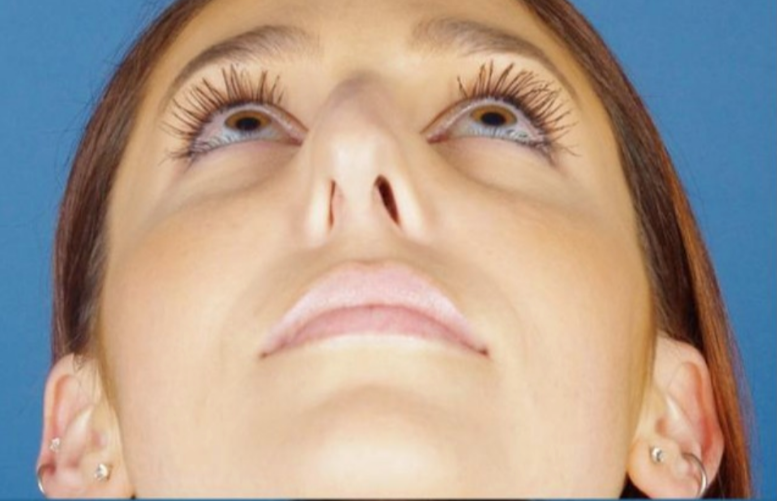
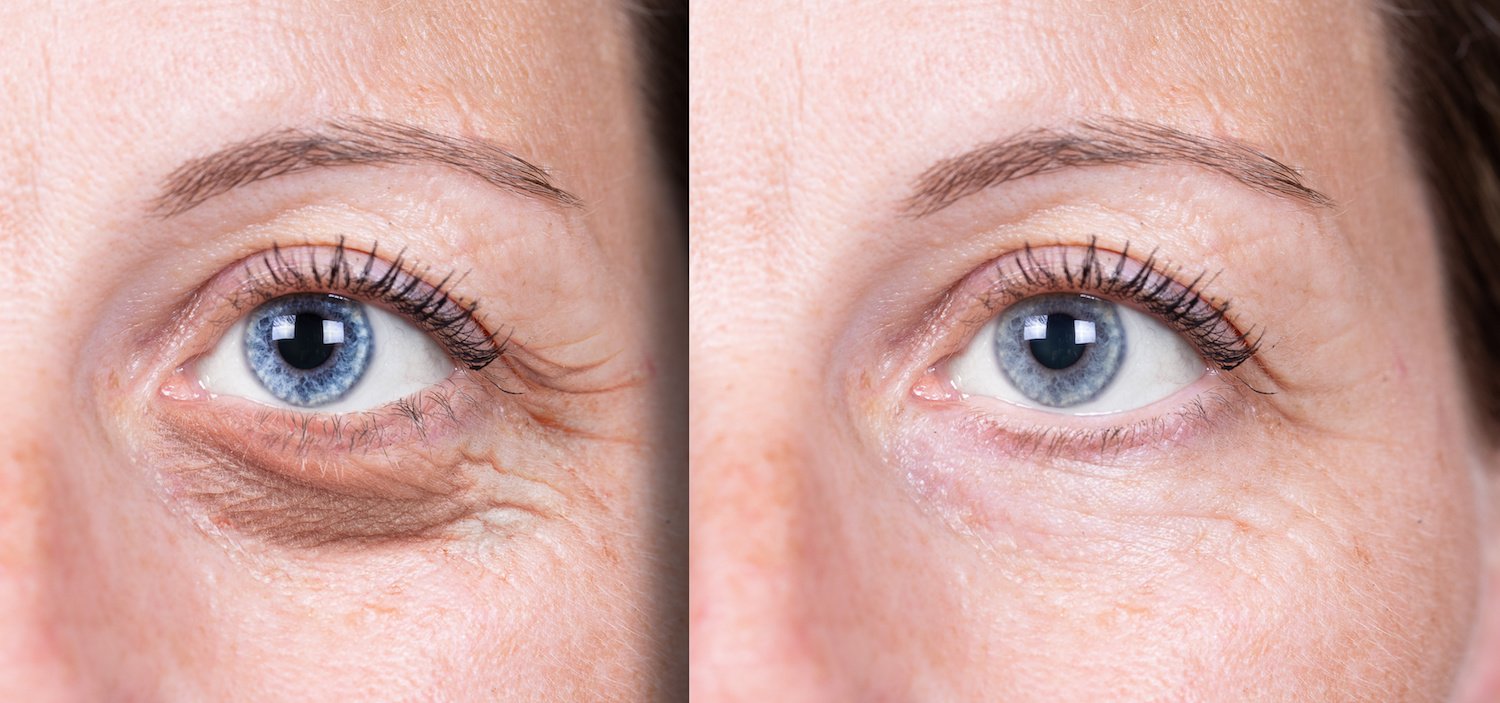
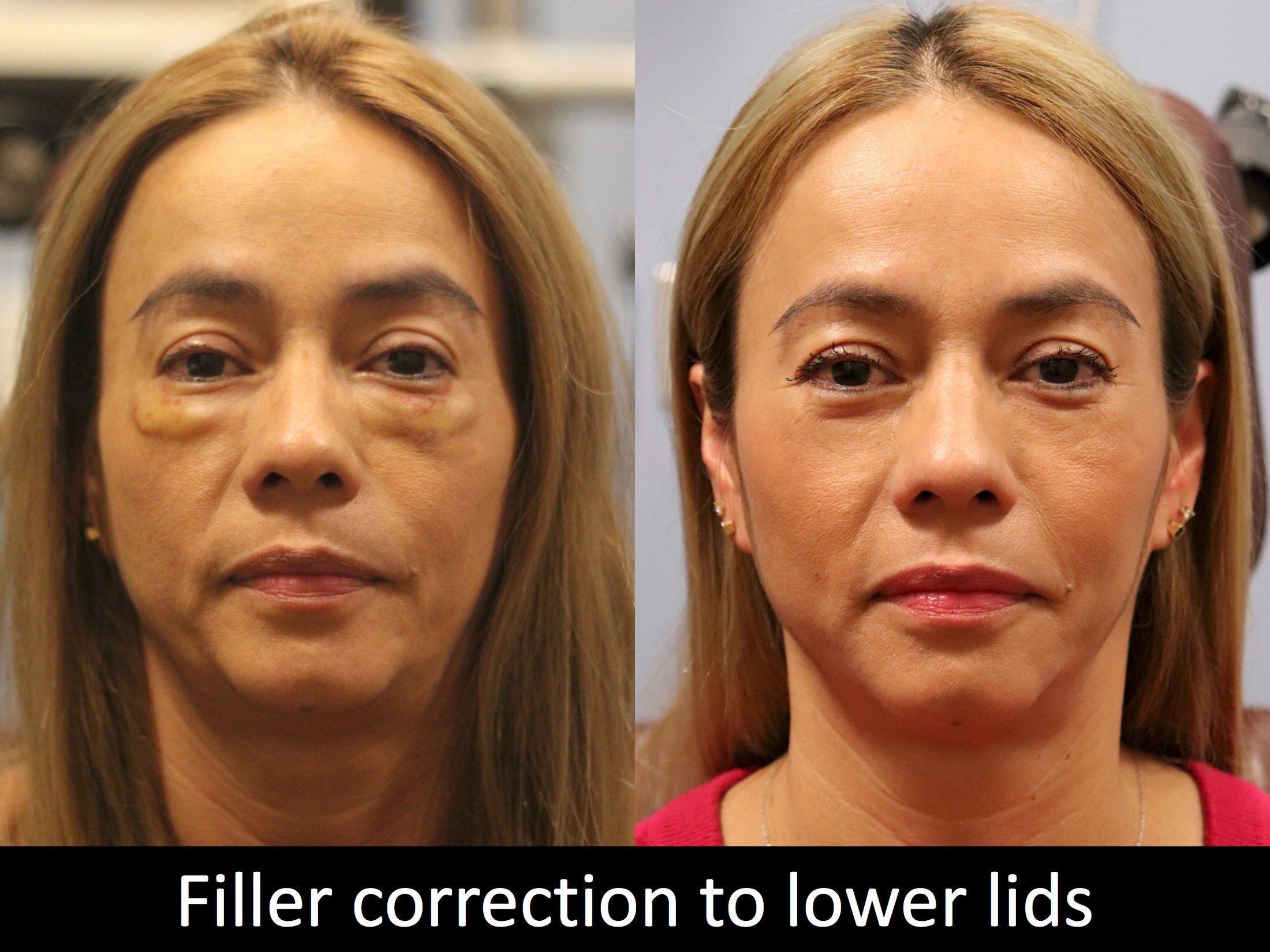
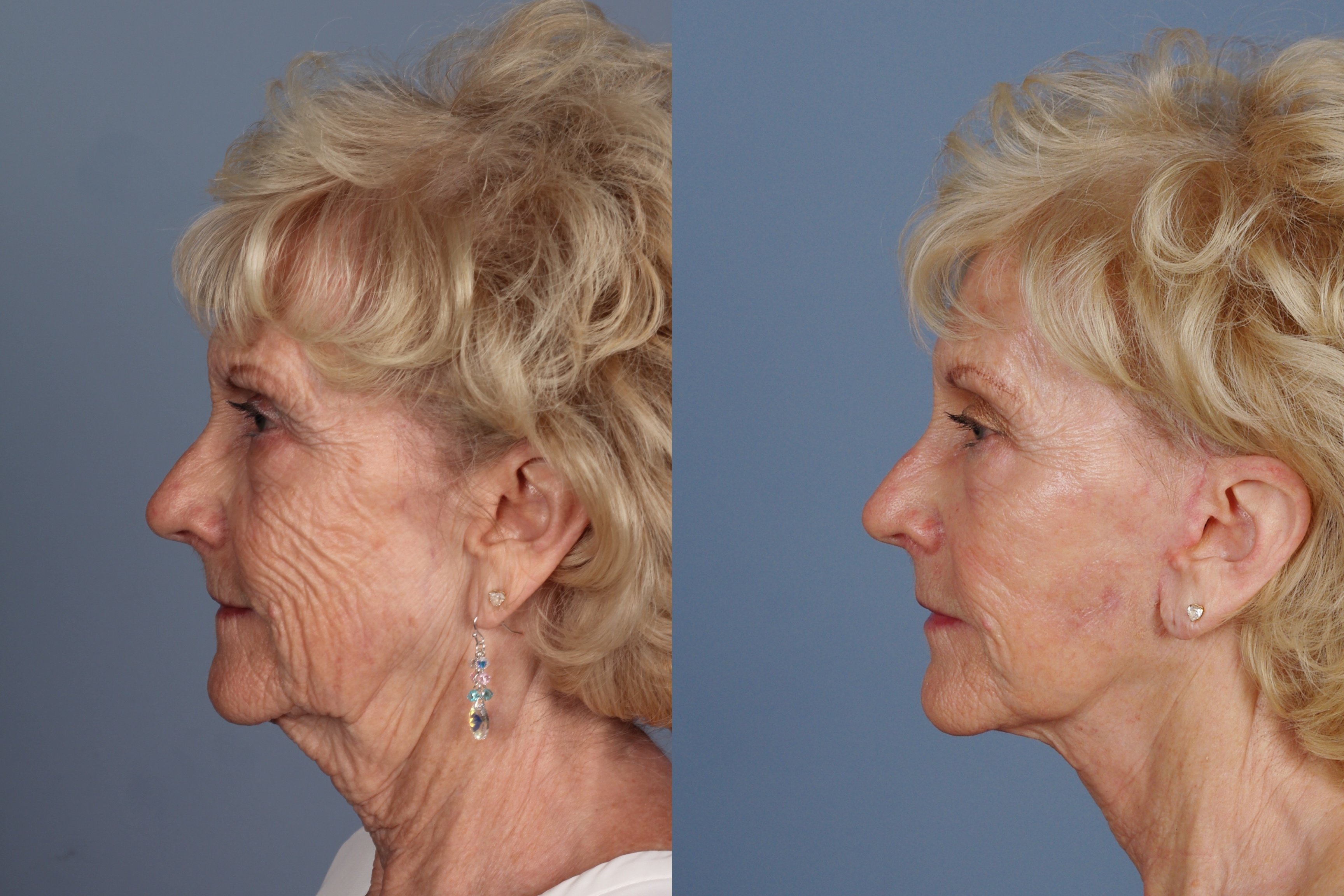
.jpeg)






